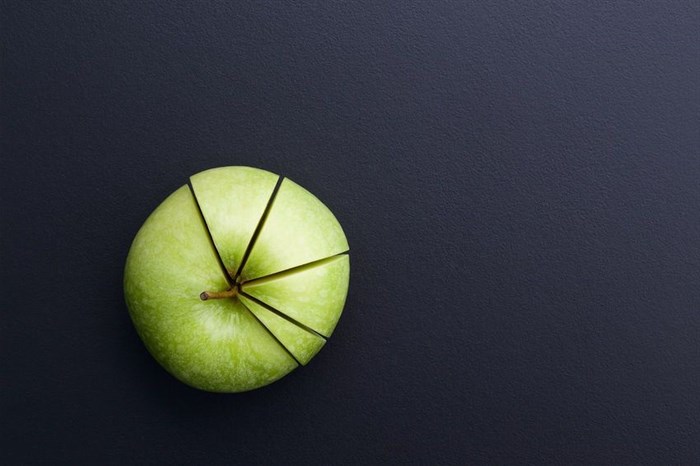In October of 2018, I had the tremendous pleasure of keynoting the Business of Wine and Food Tourism Conference held at Spier Wine Farm in Stellenbosch, and here was my most salient takeaway from the experience.

©Wachara Kireewong via
123RFTourism in South Africa is primed to surge forward, especially if it harnesses the power of data to meet consumers where they are.
There are three significant reasons for my optimism about the future of wine and food tourism in South Africa. Each reason is different, but each reason is also fueled by the common momentum of technology.
1. A newly emerging Middle Class, composed of four million people who are being exposed for the first time to wine experiences and the opportunities of food tourism.
These are new professionals who skew younger and are also primarily digital natives. They know that they don’t have to be a "wine expert" or a "foodie" in order to express their opinions, which opens the door wide to wine, food and tourism businesses to listen to those opinions and cultivate enthusiasm around the destinations and topics that interest them, now and for the future.
2. Enthusiasm for township tours, especially those that are sustainable, non-intrusive and follow the guidelines of responsible community tourism.
Quite contrary to "photo op", township tours that come and go without any desire to understand the history or support systemic change, the current generation of tour organisers and guides are fair and respectful of township residents and culture. It’s a more localised, sincere experience that quietly but quickly spreads, thanks to the technology at our fingertips.
3. Tourists and residents alike leave a digital trail. The power of advancing the industry is in the hands – literally – of nearly every resident and visitor to the country. They are communicating digitally, every moment of every day through their devices, how they feel and what they like and why their interest is piqued by this food experience or that wine tasting, or their most recent visit to any one of South Africa’s ultra compelling things to do or see.
Every time they use technology to communicate or engage around an experience, they are "laying the track" of the narrative for wine, food and tourism businesses to pick up and join.
Data analysis makes us better listeners, which prepares us to engage. When we’re prepared, we’re better at making connections and developing conversations.
Those are the three reasons for my optimism about the future. Now how, exactly, can wine, food and tourism businesses benefit from those reasons, even if they’re newer or smaller or less established than others? How can they all meet consumers – the emerging Middle Class, the tourists, and the residents alike – where they are, in order to grow the industry?Text analytics and understanding data
This is where we turn to data, and the tools at our disposal analyse consumer behaviour and sentiment.
Take language, for example. We can apply a method called Natural Language Processing (or NLP) and text analytics, which enables us to understand the nuances of messy human communication. The way that a tourist describes food in Joburg is not the same as the way a tourist describes food in Cape Town or Durban. The language of wine in Stellenbosch is not the same as the language of wine in Hermanus.
Data analysis makes us better listeners, which prepares us to engage. When we’re prepared, we’re better at making connections and developing conversations.
Take images as another example. So much of online communication today is visual, especially through mobile devices, making image analysis one of the most powerful and influential listening tools available right now. Machine learning, applied to the images of wine, food and tourism, helps us to contextualize and interpret the experiences that the consumer is having.
Data analysis, because it helps us to track and interpret consumer behaviour, also helps us to identify trends and anticipate popular requests, so that we’re more ready to respond.
In other words, data analysis makes us more able to do the work of hospitality today. To listen to what the consumer and the tourist are telling us. To see their experiences from their perspective. And most of all, to respond to their needs.

















































